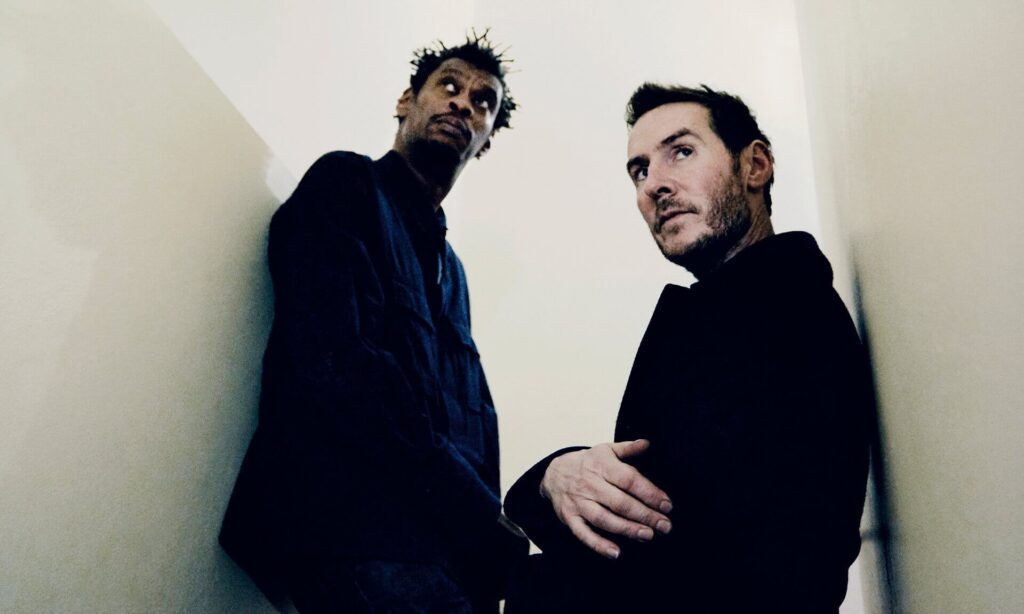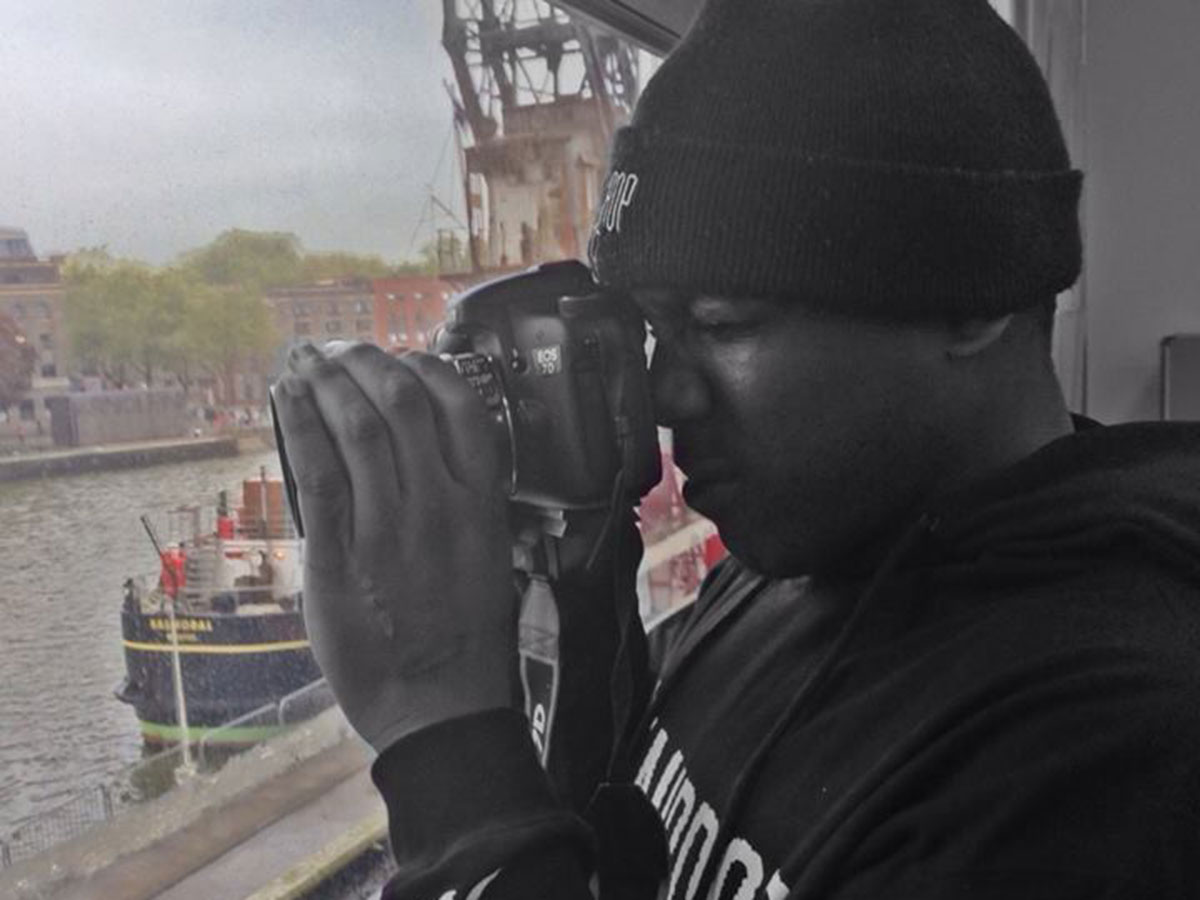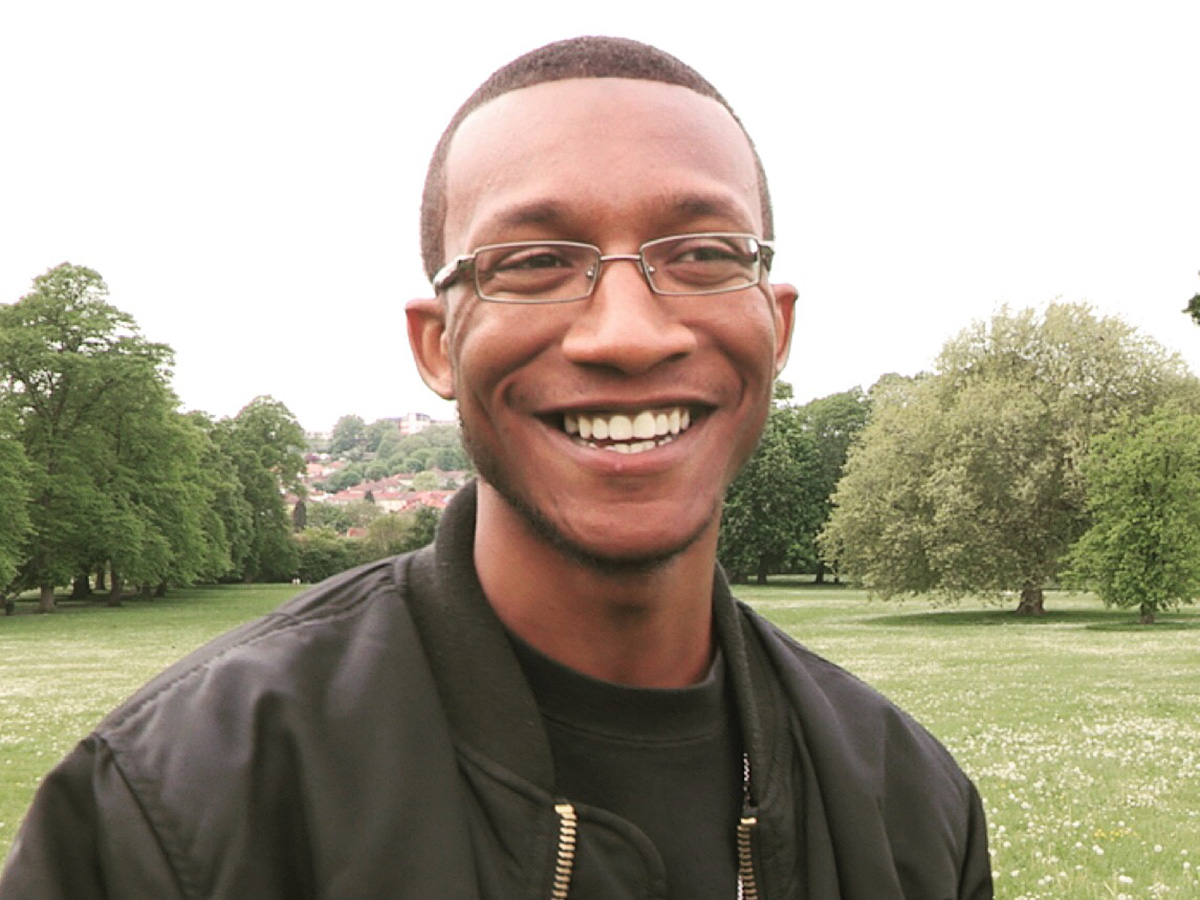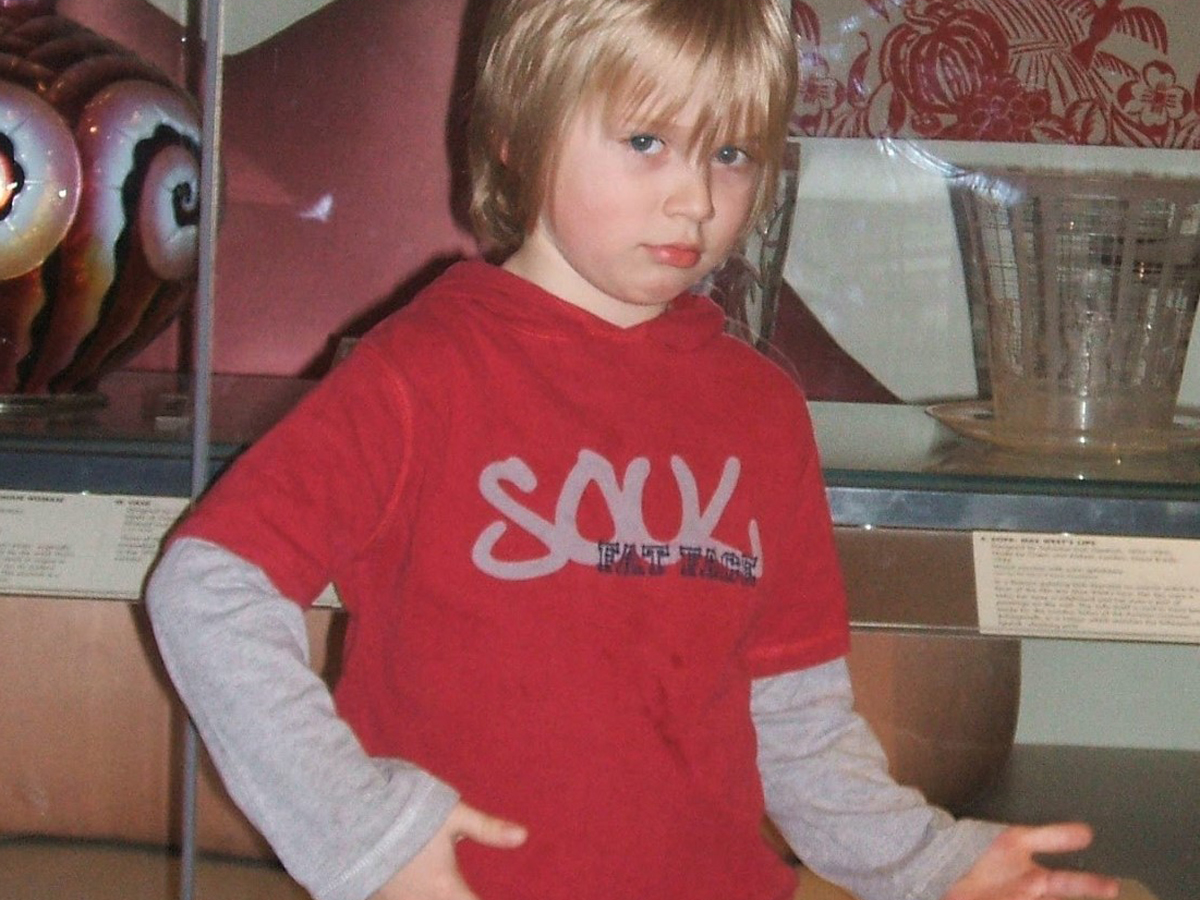Why has Bristol’s music scene been so overlooked since Massive Attack?

A new podcast about ‘The Bristol Sound’ from Tangent Calling got me thinking about why Bristol hasn’t been known for producing commercially successful artists since the 90s.
Rapper Tricky seems to agree. On BBC Inside Out West he described the Bristol music scene as ‘a fairytale’, saying, “There are some great musicians in Bristol and some great, like, singers and vocalists, but no one knows who they are.”
Tricky’s comments caused controversy and, saying that he was quoted out of context in the interview, explained to Bristol Post:
“When I said that the music scene in Bristol was a fantasy, clearly I didn’t mean there was no good music made or being made in Bristol. But my point was Massive Attack was a generation ago; no one else seems to get heard. I didn’t mean there was no great music in Bristol, just that there are no labels there, no management companies there. You can’t just stay in Bristol and think you’re going to make it.”
Massive Attack are arguably Bristol’s most famous musical export, and Tricky owes a lot of his success to his association with the group, having rapped on their acclaimed 1991 album Blue Lines. But while Massive Attack were able to pave the way for other local acts in the 90s, why have no other Bristol artists been able to achieve the same level of success since?
Massive Attack are arguably Bristol’s most famous musical export, and Tricky owes a lot of his success to his association with the group, having rapped on their acclaimed 1991 album Blue Lines. But while Massive Attack were able to pave the way for other local acts in the 90s, why have no other Bristol artists been able to achieve the same level of success since?
Formed in Bristol in 1988 by members of The Wild Bunch sound system, Massive Attack achieved worldwide recognition in the 90s and have made five studio albums that have sold over 13 million copies. This newfound interest in music coming out of Bristol in the 90s put other artists from the South West in the spotlight. Massive Attack’s success meant that labels sought out Bristol-based groups, allowing them break into the mainstream. The band Portishead was formed in Bristol in 1991 and their debut album Dummy won the Mercury Music Prize in 1995 as the best British album of the year. Two years later, the Mercury Prize was won by Bristol artist Roni Size, frontman of Reprazent, a drum and bass collective. Size’s music came out of the jungle music scene, combining elements of reggae and hip-hop that he was exposed to, growing up in Bristol. In a BBC Three documentary, Size explains that many believed his music was seen as an underground genre which would never reach the overground.
Massive Attack are considered to be the originators of the trip hop genre, which is still considered by many to be Bristol’s signature sound. The term was a convenient tag to describe a music style that’s characteristically downbeat and melancholy and fused hip hop and electronic music. Massive Attack’s Daddy G has rejected the term, saying, “I don’t look at trip-hop as being an apt name for what we do.”
Has this so-called ‘Bristol Sound’ held artists back? Alastair Shuttleworth, editor of local independent music magazine The Bristol Germ believes that Tricky received a backlash because of resentment to the era that he represents: “trip-hop is often considered a millstone which has helped obscure coverage of Bristol’s music.”
Has this so-called ‘Bristol Sound’ held artists back? Alastair Shuttleworth, editor of local independent music magazine The Bristol Germ believes that Tricky received a backlash because of resentment to the era that he represents: “trip-hop is often considered a millstone which has helped obscure coverage of Bristol’s music.”
Many Bristol artists share a rejection of mainstream trends. Richard Jones, author of Bristol Music: Seven Decades Of Sound, believes “Bristol music often tends towards the radical and cult rather than the mainstream,” while filmmaker Quincy Adams believes that Bristol has a tradition of doing its own thing, and a lot of Bristol music doesn’t reach the mainstream, because it was never really trying to. “(Bristol) Musicians aren’t desperate to copy the sounds that are in the charts just to escape,” he explains.
Bristol has a reputation for its laidback attitude which is mirrored in the city’s music scene. In Re:sound – The Story of Bristol Music, Roni Size refers to Bristol’s slower pace. “We kind of do our thing in Jamaican time; in ‘soon-come’ time, you know, we get there eventually, we’re just gonna take a bit longer to get there.”
Richard King, co-founder of the Bristol record label Planet Records says in the film that Bristol is different to industrial cities like Sheffield, Manchester, Glasgow or Liverpool as “…people who started bands in those cities tended to be people who thought, ‘if this band doesn’t happen I’m going to end up working in a factory’, and I don’t think many people in Bristol have that ambition and hunger.
He says Massive Attack “were going ten years before they made a record,” continuing:
“They call it “Bristol time”. As well as being a historical reference to when Bristol’s clocks struck the hour later than they did in the capital, it’s a dismissive term for a city whose musicians live far enough from frenetic London to get up when they’re ready and, cliché has it, smoke a spliff or two before considering their options. Somehow, the early 90s saw a series of such apparently slothful types seize control of the musical agenda. Massive Attack, Tricky and Portishead were at the vanguard of what they hated to be called trip-hop, while Roni Size won the 1997 Mercury Prize for turning jungle music into avant-garde dance-jazz…”
Growing up in Bristol, singer-songwriter, rapper and record producerJacob Anderson, aka Raleigh Ritchie, was frustrated by the energy and found it unstructured: “There’s like a scene in Bristol and it stays in Bristol, whereas for me I was always like more ambitious.”
It’s interesting to compare Bristol with cities outside London of a similar size. In his BBC Bristol article, Where are Bristol’s guitar heroes? Martin Elliott points out that “Manchester’s population, for example, is only slightly higher than Bristol’s, and yet the plethora of internationally-famous music from that city puts Bristol to shame.” He quotes Blue Aeroplanes singer Gerard Langley as saying “people from Bristol tend to like being a fairly big fish in a small pond. They don’t really seem that desperate to make it further.”
Following Tricky’s comments, Bristol 24/7 Music Editor, Rhys Buchanan retaliated, saying “not all bands in Bristol are creating their art for the sake of a record deal. They don’t all want to buy swanky cars or make into this big worldwide touring monster”.
Before getting his record deal Raleigh Ritchie conformed to many Bristol artists’ instinctive resistance to ‘selling out’ and admits being unsure about signing to a major label, fearing that they’d ‘steal’ his music”. Clive Deamer, Portishead drummer thought of their sound as ‘anti-pop’ and hated Dummy being called a ‘coffee table album’.
No one can deny the rise of the Bristol punk rock band Idles whose debut album, Brutalism, was released in 2017 to critical acclaim, as was Joy as an Act of Resistance in 2018 and Ultra Mono in 2020. The band supported Foo Fighters and won a Kerrang Award for best Breakthrough Act of 2019. Perhaps Bristol artists are unusual in that they seem almost reluctant to strive for success and are not concerned with being ‘the next big thing’. When Idles were nominated for Best Breakthrough Act at the 2019 Brit Awards, singer Joe Talbot said:
“We’re not going to turn it down but it’s not on our radar. We’d be the same band before or after a Brit Award, it’s meaningless. Being nominated is not meaningless. Us being part of the conversation, that’s the important bit.”
It wouldn’t be true to say that there are no opportunities for artists from Bristol to progress in the music industry. Raleigh Ritchie, credits help he received from Kizzy Morrell of Studio 7, a non-profit organisation which supports young performers in recording and releasing their own music. Similarly, Saffron Records’ Artist Development programme is committed to redressing the gender imbalance in the industry.
It wouldn’t be true to say that there are no opportunities for artists from Bristol to progress in the music industry. Raleigh Ritchie, credits help he received from Kizzy Morrell of Studio 7, a non-profit organisation which supports young performers in recording and releasing their own music. Similarly, Saffron Records’ Artist Development programme is committed to redressing the gender imbalance in the industry. Working with emerging artists, they provide industry mentoring, talent development, music tech education and opportunities to record and release music through their independent label.
Grime artist, Jay0117 (who is fiercely proud of Bristol and whose name comes from the dialling code) has been described as “arguably one of the biggest rising stars to come from the city in years”. He feels positive about the Bristol music scene, following nationwide success from local producers and DJs such as Joker, Conducta and Sir Hiss. He encourages Bristol artists to be proactive.
“It is all well and good to stay in Bristol and complain about a lack of opportunity, but you have to see it from the wider perspective. Why should Londoners, or indeed other cities, go out of their way to give the initial platform to Bristolians so they can be seen?”
Jay0117 uses social media videos to raise his profile. He doesn’t want new generations of Bristol artists to believe negativity about the city being a ‘creative graveyard’. While industry decision-makers are London-based, Jay0117 thinks that being from Bristol shouldn’t be a disadvantage. He advises making the journey to London either by gate-crashing radio shows or events for the opportunity to take the mic, or through social media channels.
Melissa Cheman, author of Massive Attack: Out of the Comfort Zone, says:
“Massive Attack and Portishead were the most successful bands to come out of Bristol and they decided to remain in the city. However, they did not receive any external or public support either, and they started in music in a very ‘DIY’ manner, doing it all themselves indeed, especially Massive Attack and their previous collective, the Wild Bunch, organising their own party in Bristol’s underground scene, using sound systems and setting up home studios, using personal samplers, tape recorders and very few microphones to record their first album, Blue Lines.”
Cheman describes the changing nature of the city. After the wars, Bristol, like many other large cities encouraged mass immigration from the countries of the British Empire and Commonwealth to fill shortages in the labour market and rebuild the country.
“The city became a hub for Jamaican food and reggae music. Multicultural, humble, green and inclusive, it later thrived around the ethos that had come out of the punk movement since the 1970s, which meant young people adopt a ‘Do it yourself’ attitude rather than asking for permission or support”.
Massive Attack have seen unrivalled critical acclaim, having worked with artists including David Bowie and Madonna, however they are exceptional in that their music has been important in the evolution of music. Their sound is impossible to pigeonhole, so Tricky asking ‘where are all these other Massive Attacks?’ is missing the point.
It could be said that Jay0117 is continuing this ‘DIY’ approach. It is with the same spirit that he is not waiting for London to call but making videos and turning up uninvited to events to showcase his music.
Massive Attack have seen unrivalled critical acclaim, having worked with artists including David Bowie and Madonna, however they are exceptional in that their music has been important in the evolution of music. Their sound is impossible to pigeonhole, so Tricky asking ‘where are all these other Massive Attacks?’ is missing the point.
I would argue that Bristol artists aren’t afraid to make their own brand of innovative music. The history and geography of the city mean that artists mix the diverse culture around them into their sound and are often more interested in ‘keeping it real’ than striving to become the next huge stadium act. Bristolians may lack urgency getting their work heard outside the local scene, but this is more to do with an ingrained suspicion about ‘selling out’ and not being free to make the music that they want to than a lack of talent.
What do you make of the historical lack of Bristolian music in the charts and on our screens? Let us know in the comments.







